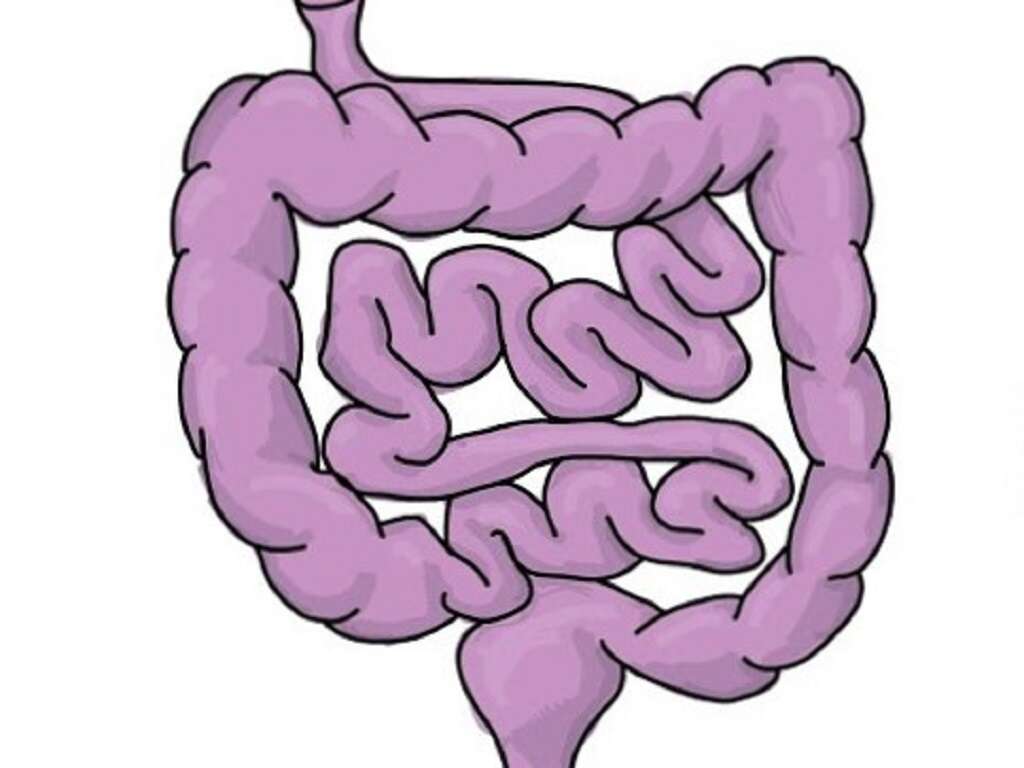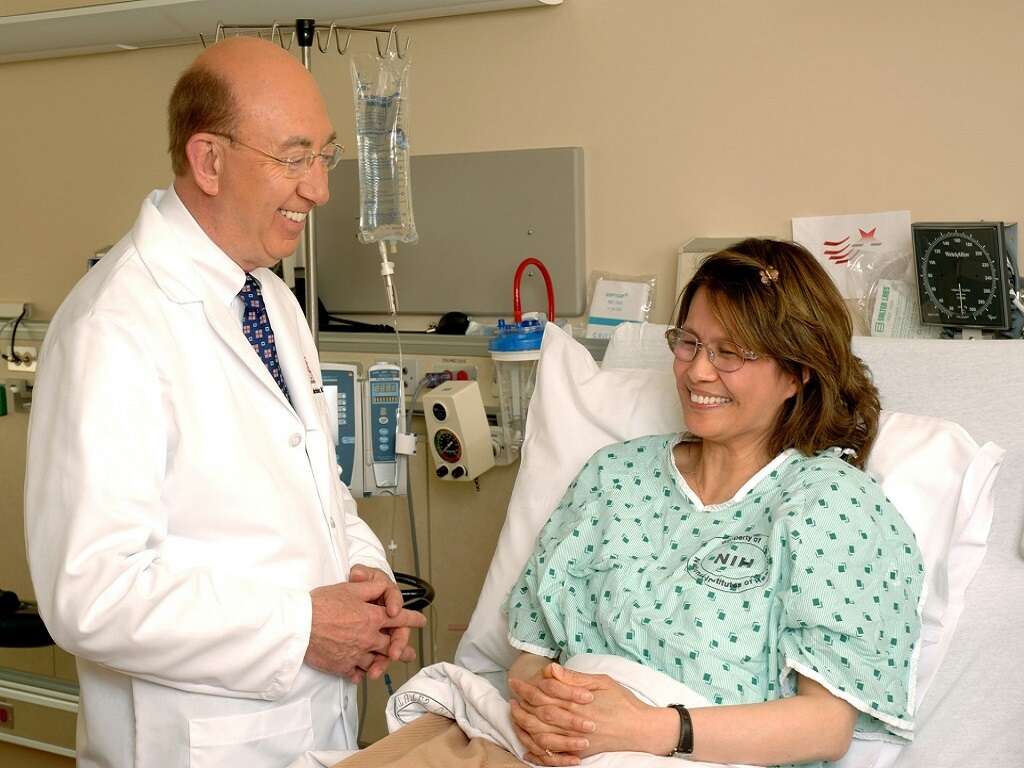What Is Gastritis?
An upset stomach is one of the most common ailments that people can get. It can be very uncomfortable and it can ruin our day, but it will usually not be serious and will also usually only be short term. Some upset stomachs are likely to last for longer, however.
If you do have an upset stomach and the symptoms are lingering, you should arrange to get it checked out. There are numerous potential causes for it, including a relatively common condition known as gastritis. It is not usually something to worry about, but it should still be treated nonetheless.
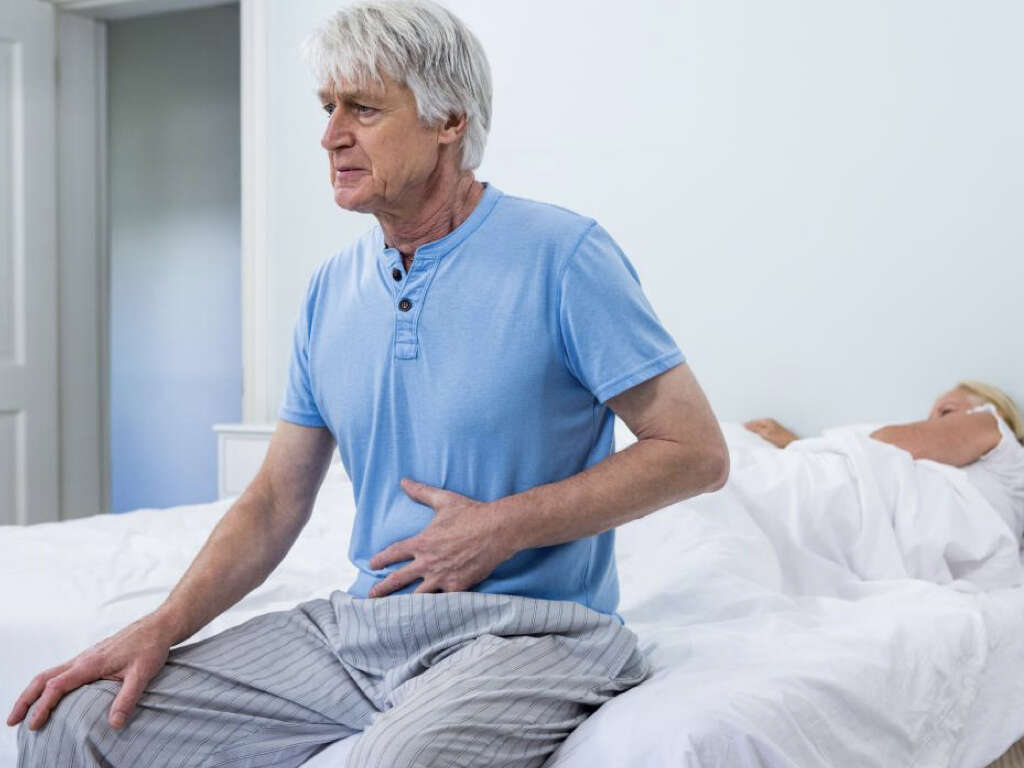
1. Gastritis
Our stomachs have a specialized lining that allows us to absorb nutrients while also protecting us against the acidity of our digestive juices. This lining can become inflamed in a condition that is known as gastritis, and there are numerous potential reasons this can happen.
Gastritis is not usually a serious problem and most people who have it will experience no symptoms. When symptoms do arise, they can be uncomfortable, but they are still not usually serious. Gastritis will be serious in a small number of cases, however, and it is wise to see a doctor to help prevent mild conditions getting worse.

2. Infections
The most common cause of gastritis is an infection from the H. pylori bacterium. It is a very common bacterium that will usually do us no harm, except for in the more severe cases. Most peoples’ immune system is strong enough to keep them safe against the bacterium, but this is not the case for everybody.
Some people will be born with an inability to protect themselves against bacteria. For others, their vulnerability comes due to diseases that are acquired, and/or certain types of medication. A vulnerability to the bacterium will also sometimes happen as a result of the patient’s lifestyle choices.

3. Medication
Some types of medication will also leave the patient more likely to develop gastritis. This typically includes the use of certain painkillers like ibuprofen, which is readily available without a prescription. These can increase the likelihood of gastritis because they affect the production of a substance that helps to protect the stomach lining from our digestive juices.
Excessive alcohol consumption will also make it more likely that somebody will develop gastritis. This is because too much alcohol will irritate the lining of the stomach, potentially causing it to become inflamed. Excess alcohol consumption can also lead to other potentially severe health conditions.

4. Autoimmune Gastritis
Generally speaking, our immune systems do a fine job at helping to keep us healthy and well. They are not perfect, however, and they will sometimes cause us problems. One such problem is autoimmune gastritis. This is a condition caused by the patient’s immune system attacking the lining of their stomach.
People are more likely to have gastritis if they have other autoimmune conditions. It is also more likely to be found in people that have a vitamin B-12 deficiency. Other medical conditions like parasitic infections, HIV and Chron’s disease can also make it more likely somebody will develop gastritis.

5. Age
As time goes by, our bodies will gradually wear out, and our bodies will not be as effective as they otherwise would be. This includes our digestive system, and the lining of our stomachs will become thinner than they used to be. This, in turn, means that older people are more prone to developing gastritis.
A thinner stomach lining will make it more prone to infection from bacteria like H. pylori, while older people are also more likely to suffer from autoimmune conditions like autoimmune gastritis. Stress is another potential contributing factor, and this includes the stress of severe injuries and surgical procedures.

6. Symptoms
As mentioned, many people with gastritis will experience no symptoms whatsoever. When they do show, the severity can range considerably from cases to case. These symptoms typically include nausea and this will also sometimes result in the patient vomiting.
Another typical symptom of the conditions is a burning or gnawing sensation in the upper abdomen. This will sometimes improve after the patient eats, although eating will also sometimes make the condition worse. Some patients with gastritis will also sometimes feel full sooner than they otherwise would do. These are all symptoms that should encourage you to speak with a doctor if they persist.

7. Complications
In addition to the symptoms mentioned, gastritis will also sometimes cause complications. One of these is that it might lead to the patient developing stomach ulcers, and these can bring with them even further complications. If a stomach ulcer is severe enough, for example, then it can lead to excessive blood loss.
In particularly severe cases of chronic gastritis, the condition can result in the patient developing cancer. This happens only very rarely, however. It is recommended to seek medical assistance even in milder cases of gastritis. This can help prevent the condition worsening, in turn preventing the likelihood of further complications.
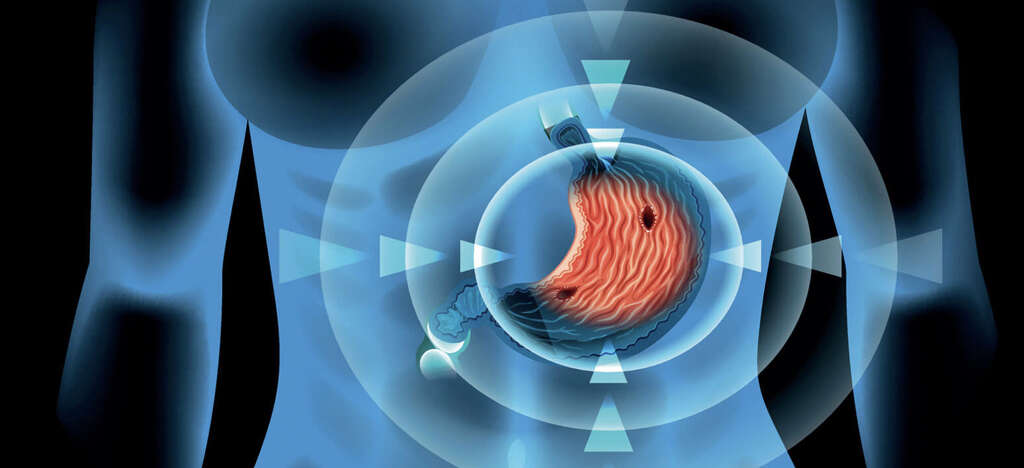
8. Prevention
One way to help prevent gastritis is to prevent infections that can cause the condition. It is not well understood how H. pylori is transmitted, but maintaining good hygiene practices may be effective at avoiding transmission. This includes keeping surfaces clean, ensuring food is thoroughly cooked, and washing your hands regularly.
Avoid overusing certain medication can also be effective at helping to prevent gastritis. The same goes for drinking in moderation only, if at all, and quitting smoking. If your gastritis is caused by an autoimmune condition, then it may be possible to avoid triggers. Avoiding certain foods may also help to manage the symptoms.

9. Diagnosis
Your doctor will need to ask you some questions about your symptoms, and about your medical history. These alone are often enough for your doctor to make an initial diagnosis. However, tests will still be needed in order to confirm the causes of your symptoms.
Tests for gastritis will often involve taking a breath test, and/or taking blood and stool samples. These can all help experts to look for signs of H. pylori and other pathogens. X-rays may be used, and an endoscopy can also be used to help look for signs of gastritis. A biopsy of the stomach’s lining may also be taken in some cases.
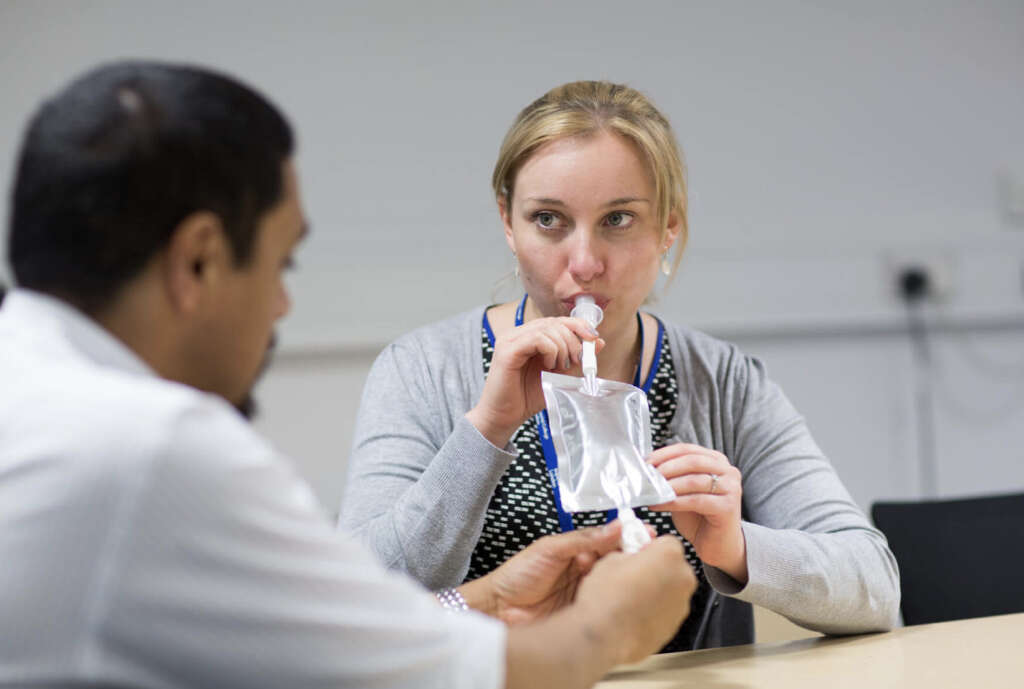
10. Treatment
How gastritis is treated will depend largely on the underlying cause of the condition, and how severe the symptoms are. In most cases, it will involve the use of antibiotics to kill bacteria, which will usually be H. pylori. The patient may also be requested to stop using certain medications and also to stop drinking, or to at least limit their consumption.
Treatment will also sometimes involve using medication that can help to reduce how much acid is being produced. Antacids are also sometimes used to help relieve the patient of their symptoms, but these only help in the short term.








